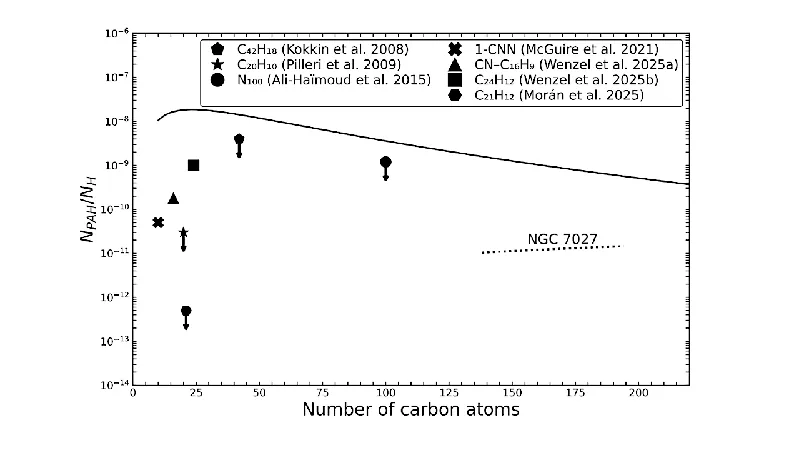
Breakthrough Discovery: Natural Eye Molecules Could Revolutionize Glaucoma Treatment!
2025-08-21
Author: John Tan
A Game-Changer in Glaucoma Awareness
Exciting research from the University of Missouri is shining new light on glaucoma, a leading cause of irreversible blindness in older adults. This innovative study may pave the way for advanced biomarker identification, enabling earlier detection and treatment of this devastating eye disease.
Understanding Glaucoma's Devastating Effects
Glaucoma risks damaging the retinal ganglion cells (RGCs) and their crucial axons responsible for transmitting visual information from the eye to the brain. While current treatments aim to lower introcular pressure, they do little to protect these vital cells from harm. Therefore, there is a critical need for effective neuroprotective therapies that can prevent RGC degeneration.
Harnessing Molecules for Early Detection
Enter Pawan Singh and his dedicated research team who are on a mission to discover biomarkers that could revolutionize glaucoma detection and treatment. Their groundbreaking study indicates that glaucoma patients show significantly lower levels of two key metabolites—agmatine and thiamine—in the clear fluid at the front of the eye, compared to those without the condition.
The Promise of Simple Testing
"Many individuals unknowingly have glaucoma until later in life when their eye pressure rises," commented Singh, an assistant professor in the School of Medicine. "We aspire for a future where a simple blood test could easily identify these biomarkers, allowing earlier diagnosis and prompt treatment before vision loss occurs."
Potential Treatments That Could Change Lives
In their recent pre-clinical trials, Singh discovered that both agmatine and thiamine may hold neuroprotective benefits that could safeguard RGCs from damage and prevent vision loss progression. This indicates a thrilling possibility: these molecules could be formulated as eye drops or supplements for future glaucoma treatments.
Collaborative Efforts Spark Hope for Change
Reflecting on the research environment at Mizzou, Singh stated, "Our remarkable research infrastructure and collaborative spirit enable us to pursue groundbreaking studies like this. Eye doctors at Mizzou are very enthusiastic about our findings, and I am optimistic for what the future holds for glaucoma treatment."
The Future Looks Bright!
With the potential for more effective diagnostics and therapies on the horizon, this discovery could indeed be a turning point in the fight against glaucoma. The hope is that soon, we may not only detect this affliction much earlier but also provide patients with the means to protect their invaluable eyesight.




 Brasil (PT)
Brasil (PT)
 Canada (EN)
Canada (EN)
 Chile (ES)
Chile (ES)
 Česko (CS)
Česko (CS)
 대한민국 (KO)
대한민국 (KO)
 España (ES)
España (ES)
 France (FR)
France (FR)
 Hong Kong (EN)
Hong Kong (EN)
 Italia (IT)
Italia (IT)
 日本 (JA)
日本 (JA)
 Magyarország (HU)
Magyarország (HU)
 Norge (NO)
Norge (NO)
 Polska (PL)
Polska (PL)
 Schweiz (DE)
Schweiz (DE)
 Singapore (EN)
Singapore (EN)
 Sverige (SV)
Sverige (SV)
 Suomi (FI)
Suomi (FI)
 Türkiye (TR)
Türkiye (TR)
 الإمارات العربية المتحدة (AR)
الإمارات العربية المتحدة (AR)